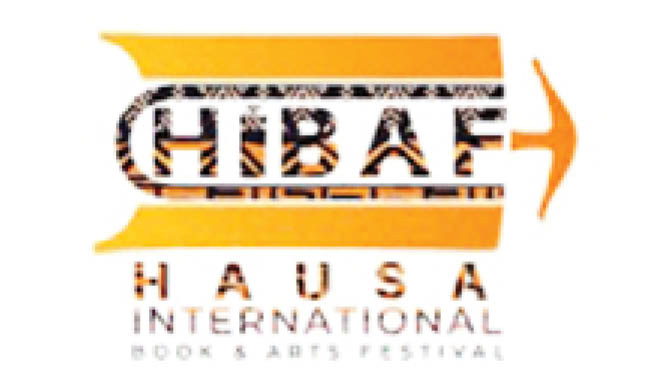Hausa International Book and Arts Festival debuts in Kaduna
The first edition of the Hausa International Book and Arts Festival (HIBAF) is set to run in Kaduna, Nigeria, between October 21 and October 23, 2021. The festival’s theme is ‘Spaces’. Intrigues as PDP bigwigs battle for 2023 presidential ticket Despite huge pay, senators, reps, fleece aides The festival will be curated by Open Arts […]

Hausa International Book and Arts Festival
The first edition of the Hausa International Book and Arts Festival (HIBAF) is set to run in Kaduna, Nigeria, between October 21 and October 23, 2021.
The festival’s theme is ‘Spaces’.
- Intrigues as PDP bigwigs battle for 2023 presidential ticket
Despite huge pay, senators, reps, fleece aides
The festival will be curated by Open Arts as a crisscross festival of Arts and Language. The festival aims to open up discussions about Hausa as a language through literature, history, music, and arts to be displayed to a new and exciting young audience.
According to the organisers, the festival showcases the best of contemporary African literature, poetry, music, art, film, and theatre in Hausa to a target audience of thousands of youths across West Africa.
“This is an important period in West Africa at the crossroads of extremism to consider arts in Hausa as focal points to address our problems. We hope to combine the tools of arts and literature through new digital collaborations and conversations to seek fresh perspectives about the role and meaning of culture in a time of crisis,” organisers said.
The festival would “explore the spaces in between; spaces of origin of people and language; spaces of being and becoming; spaces of our stories; the multiplicity of spaces of our humanity; how we embrace the layers of spaces within our identities in literature and creativity. In the spaces of HIBAF, we will explore the origins of Hausa literary spaces; converse and discuss notions of gender, identity, culture, and politics. Spaces are governed by cultural stereotypes, conventions, customs, clothing, and literature,” the organisers said in a statement, adding that the aim of HIBAF is to associate the fictional space with the practical space using language as a code to model space, define it and arrange it, to create safe spaces that allow for creative risk, a space for the delivery, performance and reawakening of identity.
